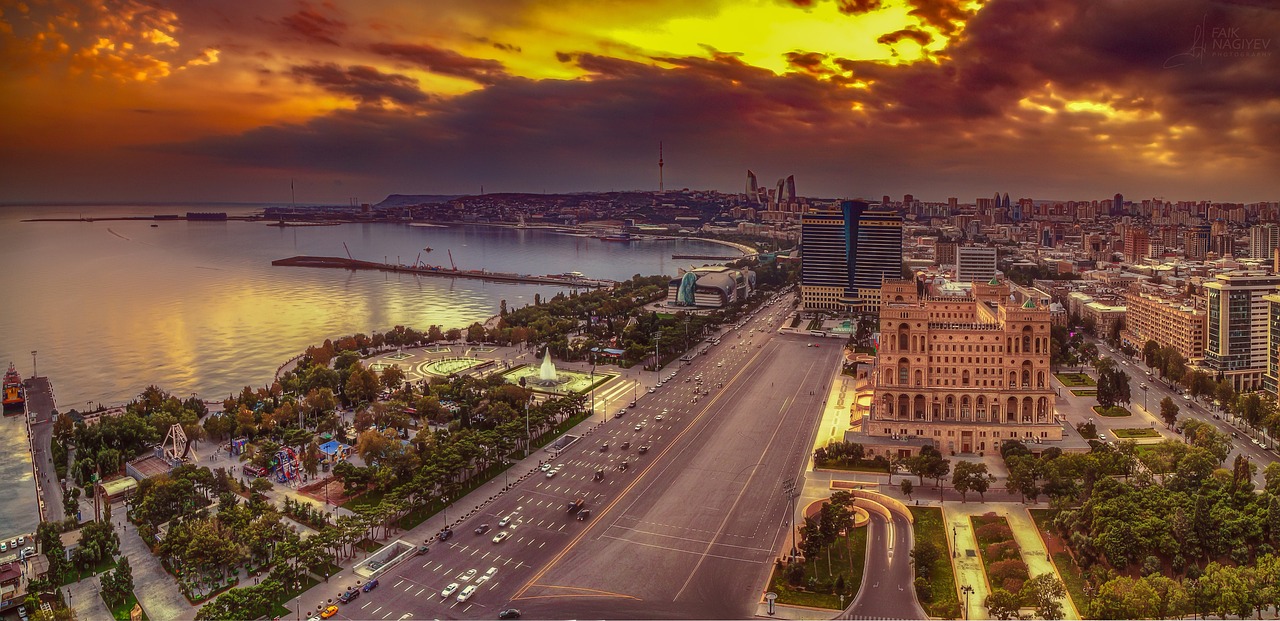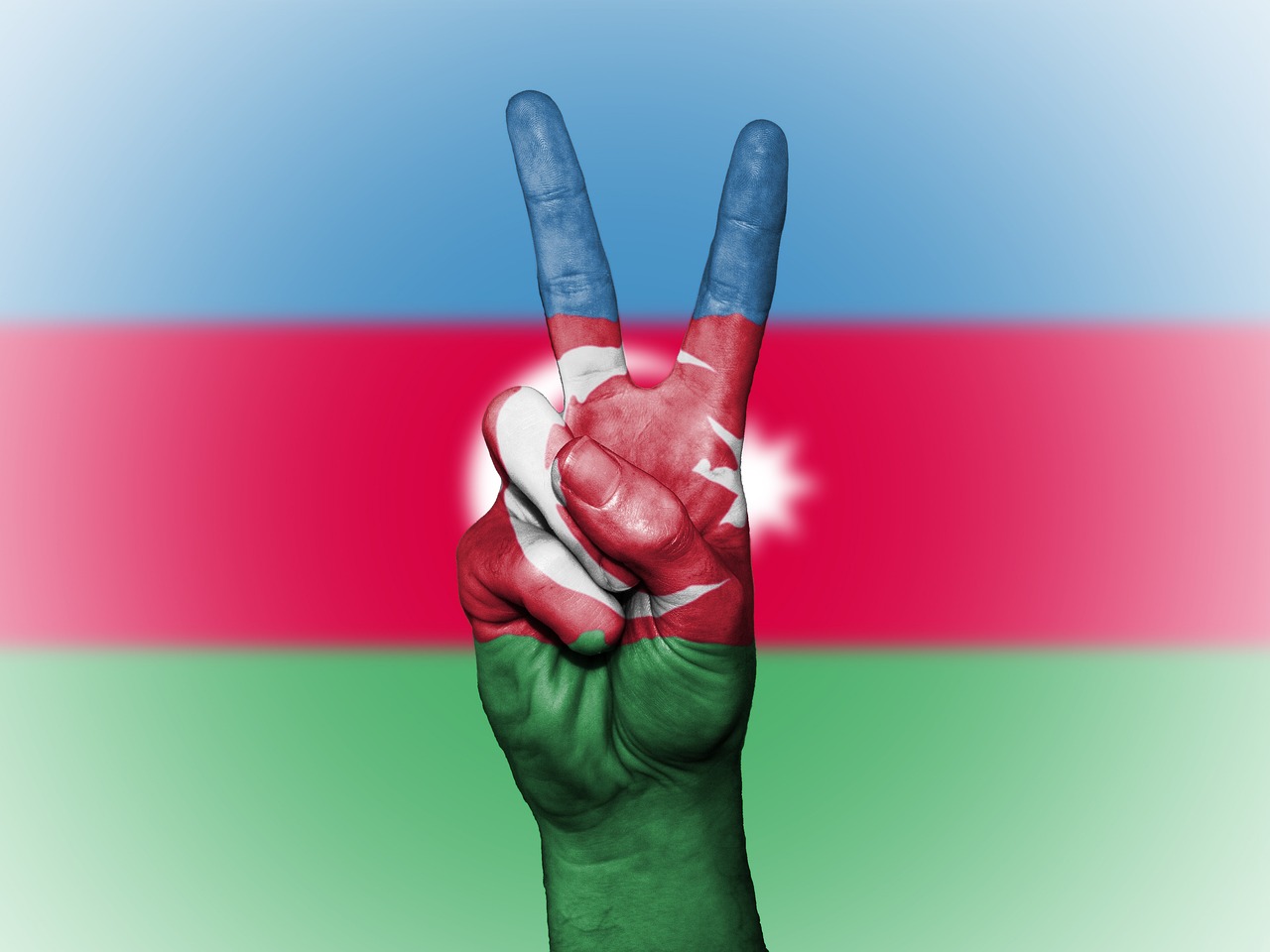Language and Communication: Overcoming Barriers in Azerbaijan
Language and communication play a vital role in connecting people and fostering understanding. In Azerbaijan, a country located at the crossroads of Eastern Europe and Western Asia, language diversity and overcoming communication barriers are significant factors in promoting social cohesion and economic growth. This article will explore the various languages spoken in Azerbaijan, the challenges faced in communication, and the strategies employed to overcome these barriers.
Languages Spoken in Azerbaijan
Azerbaijan is a multilingual country with several languages spoken by its diverse population. The official language is Azerbaijani, also known as Azeri, which is a Turkic language closely related to Turkish. Azerbaijani serves as the primary means of communication in government, education, and media. However, due to historical and cultural influences, other languages are also spoken in the country.
- Russian: Russian is widely spoken and understood in Azerbaijan, especially among the older generation and in urban areas. It has historical significance due to the Soviet era and continues to be used in various domains, including business, education, and media.
- English: English is gaining popularity in Azerbaijan, particularly among the younger generation and those involved in international business and tourism. It is taught in schools and universities, and proficiency in English is seen as an advantage in the job market.
- Minority Languages: Azerbaijan is also home to several minority languages, including Lezgian, Talysh, Georgian, and others. These languages are mainly spoken in specific regions and communities, contributing to the linguistic diversity of the country.
Challenges in Communication
Despite the linguistic diversity in Azerbaijan, there are challenges in effective communication, both within the country and with the international community. These challenges include:
- Dialectal Differences: Within the Azerbaijani language itself, there are dialectal variations that can pose challenges in communication. Different regions may have distinct vocabulary, pronunciation, and grammar, leading to difficulties in understanding for speakers from other areas.
- Language Barrier with Russian: While Russian is widely spoken, there can still be a language barrier between individuals who primarily speak Azerbaijani and those who primarily speak Russian. This can hinder effective communication and require translation or interpretation services.
- Limited English Proficiency: Although English is gaining popularity, there is still a significant portion of the population with limited English proficiency. This can create difficulties in communication with English-speaking tourists or international business partners.
- Communication with Minority Language Speakers: Speakers of minority languages may face challenges in communicating with the majority who primarily speak Azerbaijani. This can result in limited access to services, education, and opportunities, requiring efforts to bridge the language gap.
Strategies for Overcoming Communication Barriers
To overcome communication barriers in Azerbaijan, various strategies and initiatives have been implemented. These include:
- Promoting Language Education: Azerbaijan has invested in language education programs to enhance proficiency in Azerbaijani, Russian, and English. This includes providing language courses in schools, universities, and adult education centers.
- Translation and Interpretation Services: To facilitate communication between different language speakers, translation and interpretation services are available in various settings, such as government offices, hospitals, and tourist destinations.
- Multilingual Signage and Information: Efforts have been made to provide multilingual signage and information in public spaces, airports, and transportation hubs. This helps both locals and tourists navigate and understand important information.
- Promoting Language Exchange: Language exchange programs and initiatives encourage individuals to learn and practice different languages. This fosters cultural exchange and better understanding among diverse communities.
- Encouraging Bilingualism: The promotion of bilingualism, particularly in Azerbaijani and English, has been emphasized to enhance communication skills and expand opportunities for individuals in international settings.
- Supporting Minority Languages: Efforts have been made to preserve and support minority languages in Azerbaijan through educational programs, cultural events, and publications. This helps maintain linguistic diversity and inclusivity.
Azerbaijan Image 1:

Conclusion
Language and communication are essential for fostering understanding and overcoming barriers in Azerbaijan. The country’s multilingual landscape presents both challenges and opportunities. Through language education, translation services, and inclusive initiatives, Azerbaijan is striving to bridge the gaps and promote effective communication among its diverse population. By embracing linguistic diversity, Azerbaijan can strengthen social cohesion, cultural exchange, and economic growth.
Azerbaijan Image 2:

References
– Official Website of the President of the Republic of Azerbaijan: president.az
– Ministry of Education of the Republic of Azerbaijan: edu.gov.az
– Azerbaijan Tourism Board: azerbaijan.travel
– Central Intelligence Agency: cia.gov/library/publications/the-world-factbook/geos/aj.html


